DESIGNING MULTIMEDIA AND 3D-PRINTED MODELS TO ENGAGE PATIENTS CONSIDERING OSSEOINTEGRATION
Osseointegration (OI) is the surgical insertion of a metal implant into the bone of the residual limb. This surgery provides an alternative to for amputees that experience issues with their socket prosthesis that impacts their quality of life. This thesis utilized a multimodal approach to educating OI patients, with the objective of creating two resources for limb loss patients to learn about OI within and outside of clinical settings. The resources created in this project include a narrative 2D animation and multi-component 3D printed models.
COMMITTEE
Marlis Gonzalez-Fernandez, MD, PhD (Preceptor)
Andrew Etheridge, MFA, CCA (Faculty Advisor)
Corinne Sandone, MA, CMI, FAMI (Faculty Advisor)
TOOLS
Illustrator, After Effects, ZBrush, Cinema4D, Meshmixer, Fusion360
FINAL FORMATS
2D Animation, 3D-Printed Models
DATE
2024
2D Animation: "A Patient's Guide to the Osseointegration Pathway"
Multi-Component 3D Printed Models
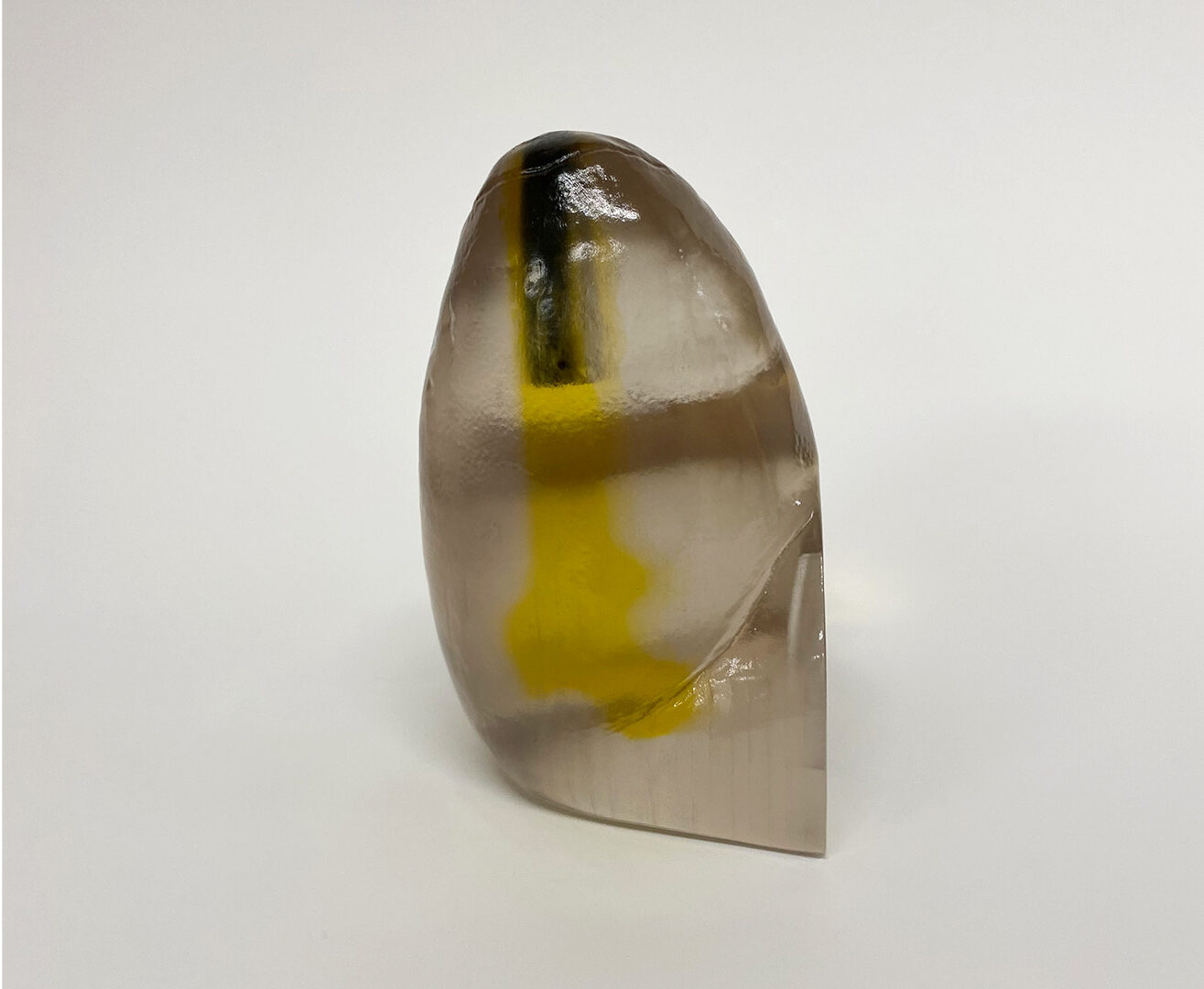
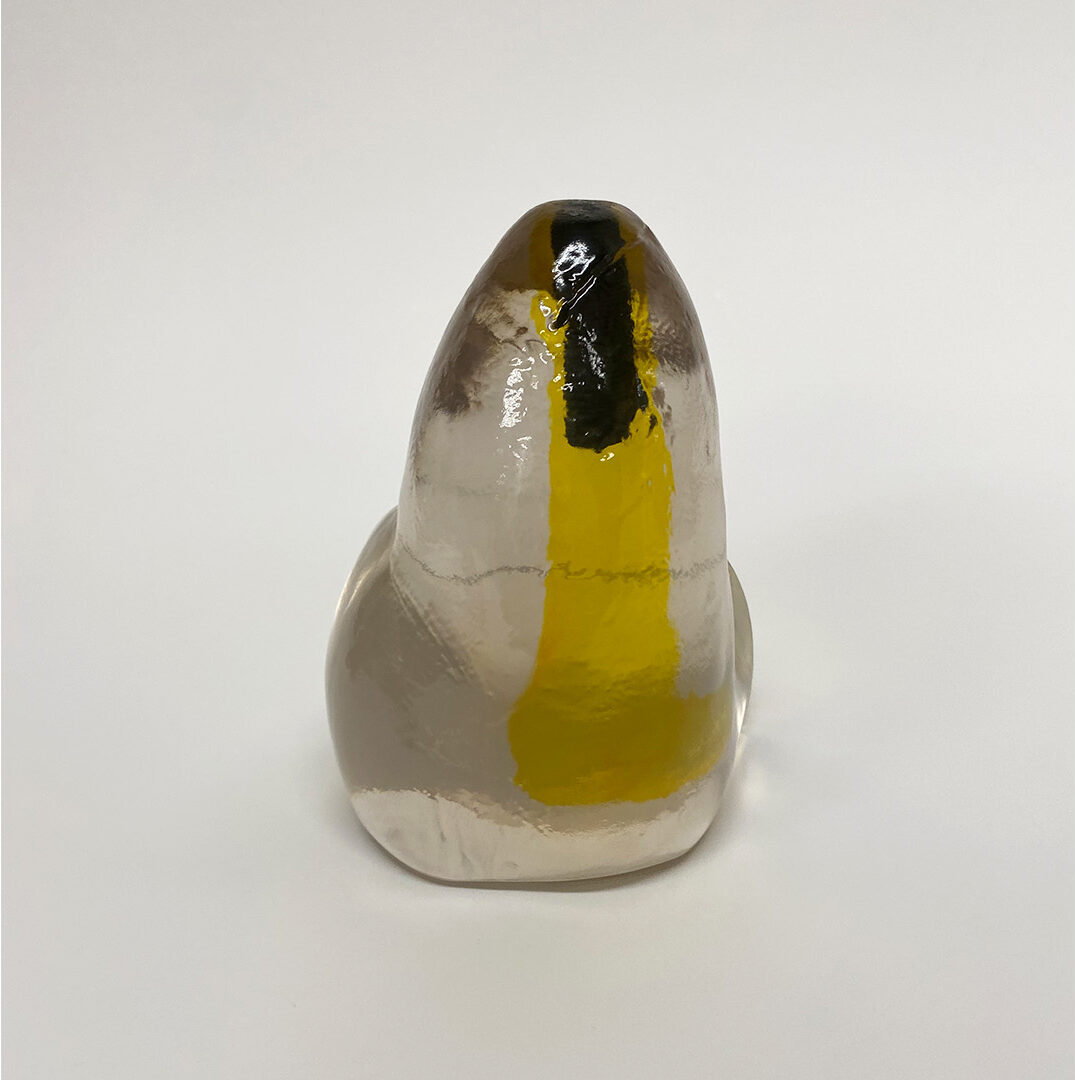
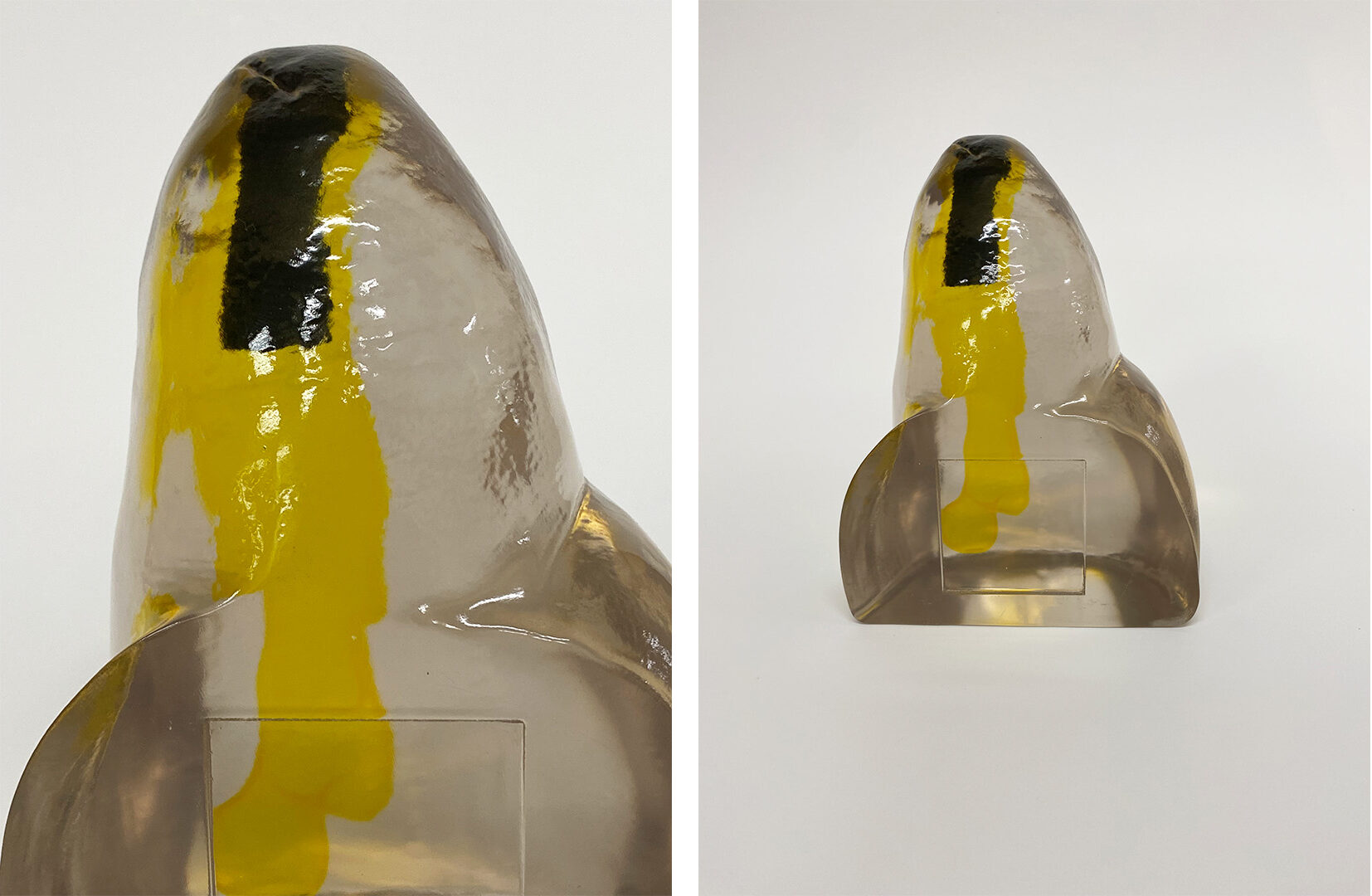
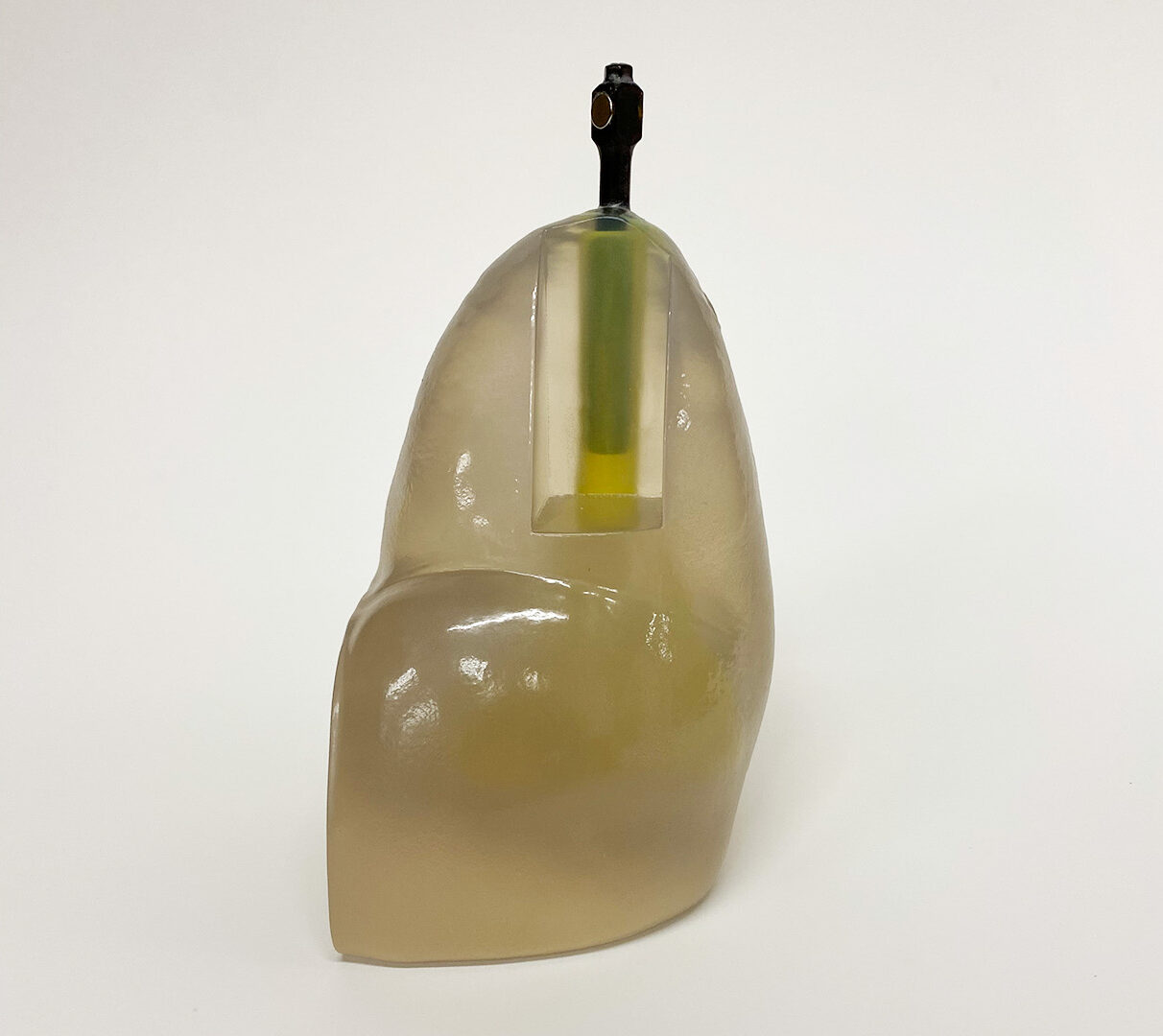

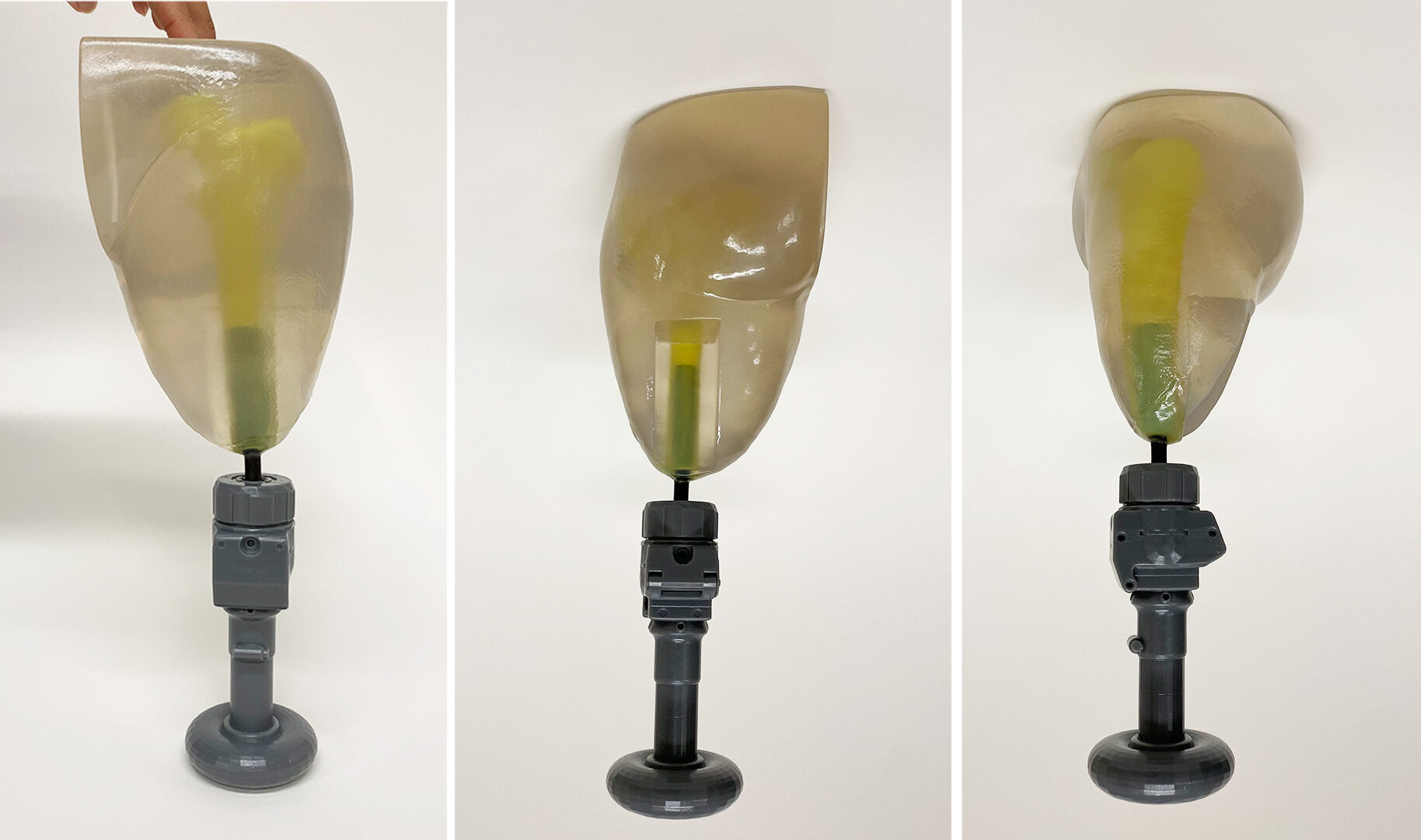
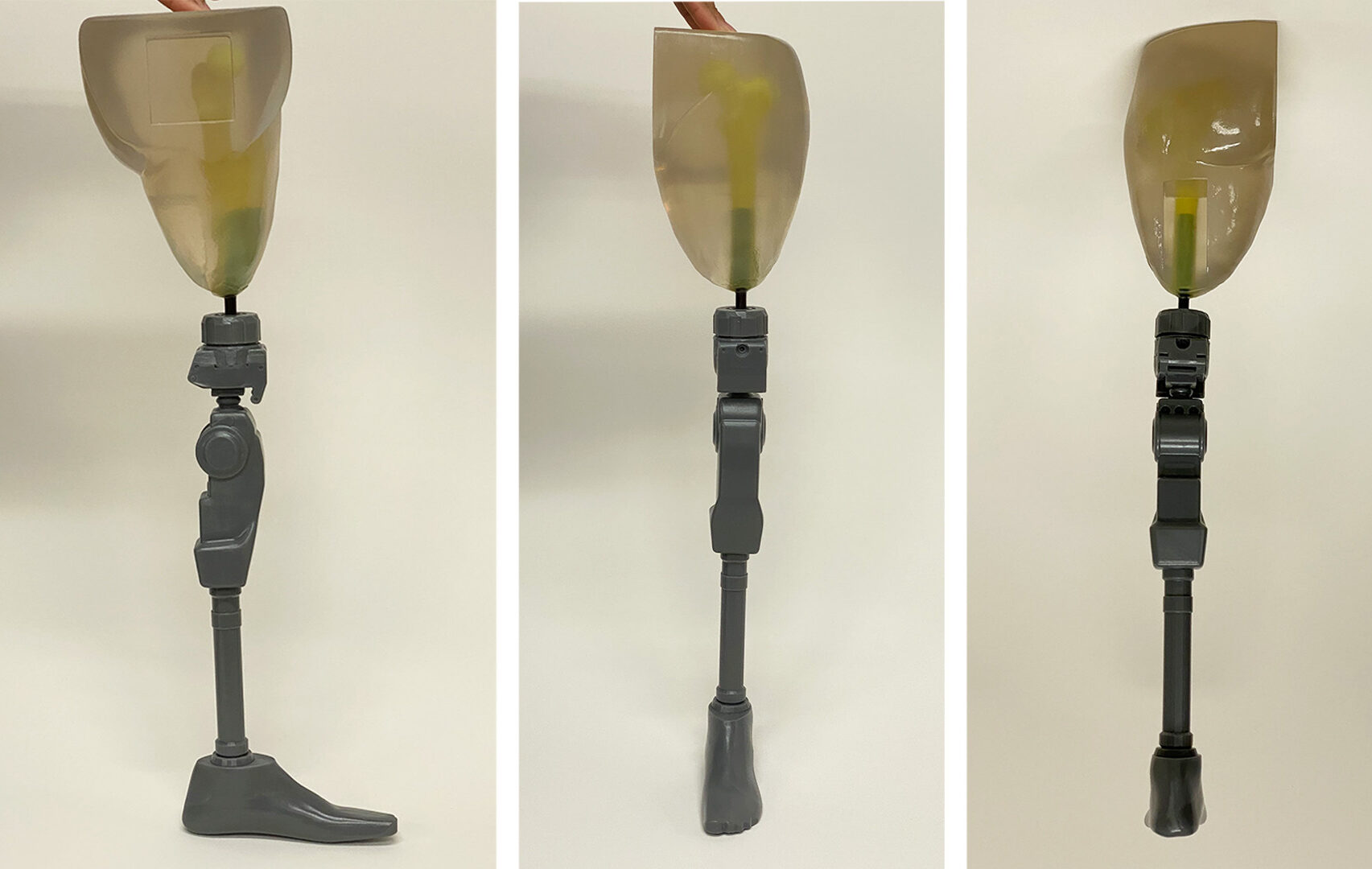
Learn more details about my process for creating the animation and the models below!
2D ANIMATION
“A Patient’s Guide to the Osseointegration Pathway” details aspects of the entire OI care pathway, including evaluation, surgery, rehabilitation, and long-term care of an OI implant. Click the button below to learn more about my process for the animation.
3D-PRINTED MODELS
Two multi-component 3D-printed models, printed at 50% actual size, visually depict a transfemoral leg after stages one and two of OI with the OPRA™ implant.
